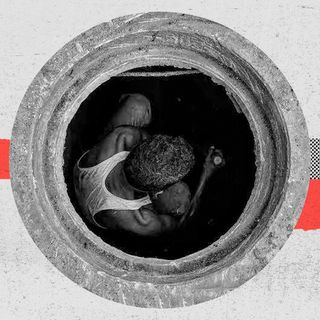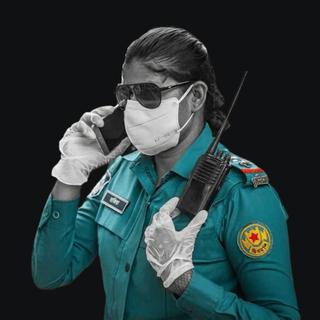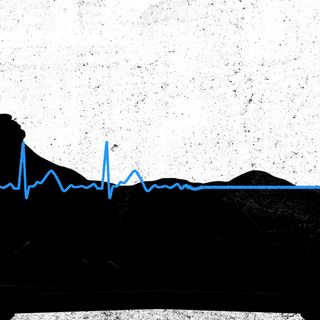74% of surveyed Delhi residents are in favor of the government imposing some form of shutdown to contain the spread of Covid19 in the city, a new survey has found.
The national capital’s cases rose by 11% over the last week. It’s also home to 21% of all Covid19 deaths to date in India, according to reports. The new spike has been largely attributed to the recent holidays, with reports of pre-Diwali shopping in Delhi involving large crowds flouting social distancing norms. “We are continuously making announcements for the people to maintain social distancing and wear masks, but there are many violators,” Om Datt Sharma, who works with the administration in Sarojini Nagar market, told India Today.
Coupled with Delhi’s annual rise in air pollution, which has been linked to rising Covid19 mortality rates, the city is reportedly running out of beds.
The survey by Local Circles, conducted post-Diwali between November 16 to 18, collected 10,000 responses from Delhi residents. Out of the 74% of respondents who are in favor of some form of imposed shutdown: 34% favored a “three-week immediate lockdown with only essential services to function,” while 40% preferred “no lockdown but a three-week shutdown of markets and all non-essential shops.” The rest of the respondents, however, believe that the solution lies in “aggressive testing, tracing, and isolation.”
At present, the state government has expressed no plans to introduce another lockdown. Its most recent move to contain Covid19 came by tightening limits on guests at weddings — from 200 to 50. The government has also announced a fine of Rs. 2,000 on people found not wearing masks in public.
Related on The Swaddle:
The Challenges India Faces With Unlock 1.0 and How to Solve Them
But, could a lockdown work? Experts are divided on whether India’s initial, broader lockdown itself was a success. Some argued that it kept the number of infections in check. Others believe that not only did India blindly follow Western responses, despite having different climate conditions, relatively divergent immunity and age profile, it also lifted the lockdown before noting a sustained decrease in the daily caseload.
While some experts are opining that short, partial, locality-specific lockdowns could help, others argue that the surge in Delhi could be contained with masks and appropriate social distancing only. “The message needs to go out that this is a very serious public health emergency and people need to be very very careful and that they should move out only if absolutely necessary,” Dr. Shahid Jameel, virologist and CEO of India Alliance, an independent public charity that funds health research in India, told The Quint.
However, it is the very fact that people flouted norms by not wearing masks and crowding in public amid a global pandemic that led to the spike in cases.
“[Lockdown] must be replaced by public education about wearing masks. I barely see anyone wearing a mask. Like we make sex safe [to prevent HIV], we should also take steps to make breathing safe… Universal mask wearing is twice as effective as lockdowns,” Jacob John, a virologist, told Scroll.in.




